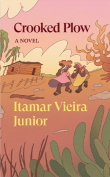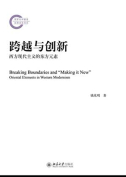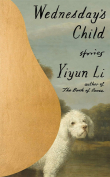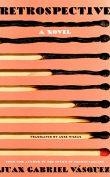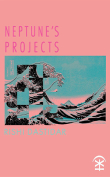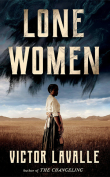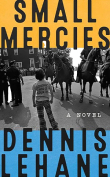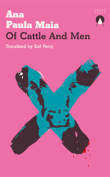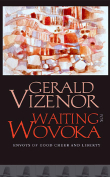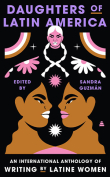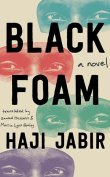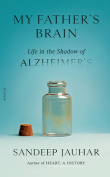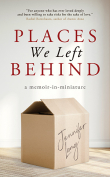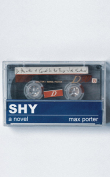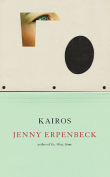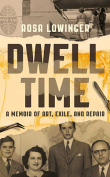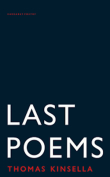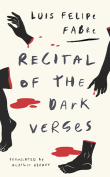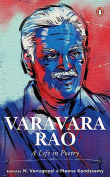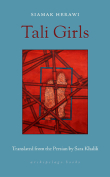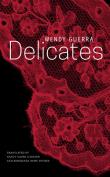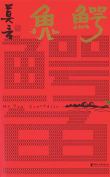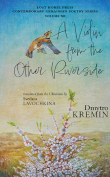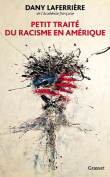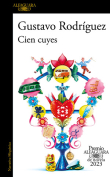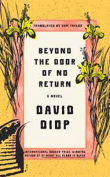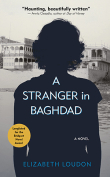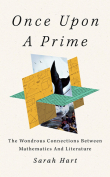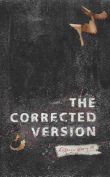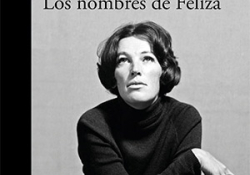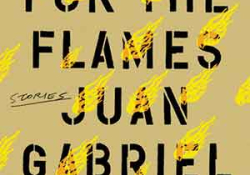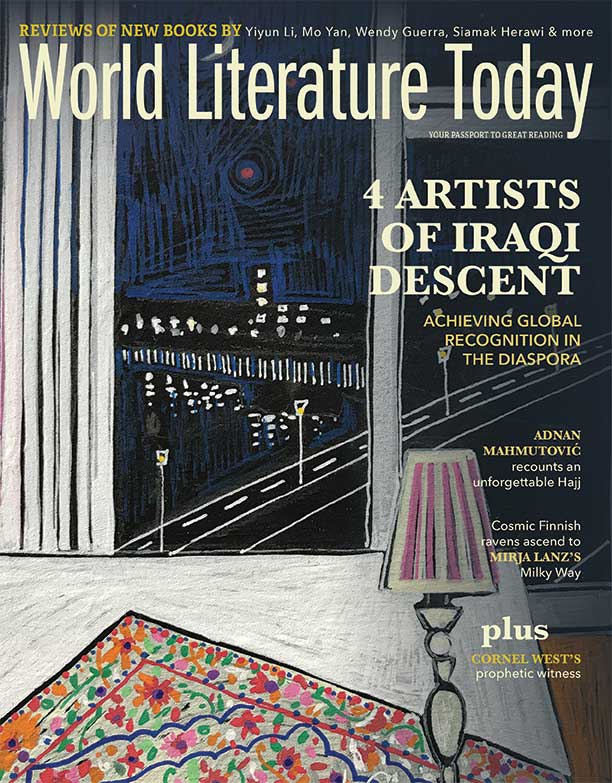Retrospective: A Novel by Juan Gabriel Vásquez
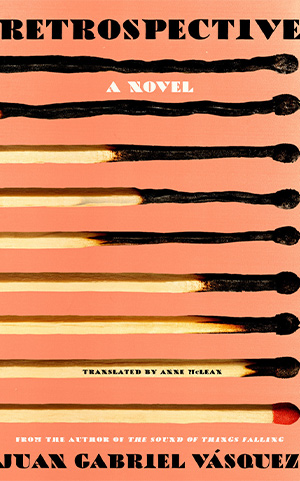 New York. Riverhead Books. 2023. 436 pages.
New York. Riverhead Books. 2023. 436 pages.
Anne McLean’s English translation of Retrospective, by Juan Gabriel Vásquez, is a masterpiece in literary translation. Not only should we be thankful for McLean’s ability, which seems supernatural, to bring this remarkable novel across the linguistic frontier, we should also be thankful for her careful attention to the linguistic sensibilities of the original. McLean’s relationship with Vásquez and his work is one that has helped us understand Vásquez’s entire literary project in English. I suspect that with the English translation of Retrospective, Vásquez’s reputation as one of our greatest living writers is firmly established. He may very well be the heir to the great Javier Marías.
Retrospective is a fictional biography of Colombian filmmaker Sergio Cabrera. Cabrera and Vásquez enjoy a friendship that goes back years, and this book is the culmination of a seven-year conversation. Told in three parts, the novel begins with the death of Cabrera’s father, Fausto, an actor, at the age of ninety-two while Sergio is in Lisbon getting ready to leave for Barcelona to attend a retrospective of his own films. Organized by Filmoteca de Catalunya, the retrospective will be the first of its kind for Cabrera. Accompanying Sergio is his son, Raúl. As the book opens, Sergio’s marriage is failing, and he and his wife are living separate lives. Sergio’s daughter stays behind in Lisbon with her mother, setting up a narrative that anticipates a father-son bonding experience. This is explored in part, but Retrospective turns out to be so much more that a father telling his son the history of their family.
The first part, “Encounter in Barcelona,” mostly depicts Fausto’s life, his marriage, and the birth of his two children. Fausto’s early experience in reciting poems paves the way for his acting life. But more than that, it paves the way for Fausto to “act” in several parts throughout his life, such as husband, father, actor, and rebel, thus forming and manipulating the lives of his children. The second part covers the lives of Sergio and his sister in China, slowly being indoctrinated by Mao’s revolution. It’s in the second part where the bulk of the story takes place. There is a transient aspect to both siblings’ lives. Both are cut off from their parents as well as set apart from those who live with and around them. The third part tells of the family’s efforts in Colombia as revolutionaries. There is a section in the third part that could very well sum up the entire narrative: “So this was also one of the war zones, he thought. Bogotá was like that: a person walked along distracted, thinking their own thoughts, and on any corner the violent history of the country could jump out and hit them in the face.” What Retrospective tells us is that life is a war zone, simultaneously glorious and violent. Attached to that zone is the cultural custodian of modernity: film.
It’s always a gamble when an author takes a living person as their subject. Yet, with Retrospective, Vásquez transcends what could have become a limited and pedestrian narrative. Instead, what the reader encounters in the lives of these characters is a twentieth-century epic laced with love, loss, regret, and a reflectiveness so missing from the wounded “I” of many of today’s narratives. Retrospective is not Juan Gabriel Vásquez’s best work, but it is a major path in the geography of Vásquez’s ever-expanding territory.
Andrew Martino
Salisbury University
